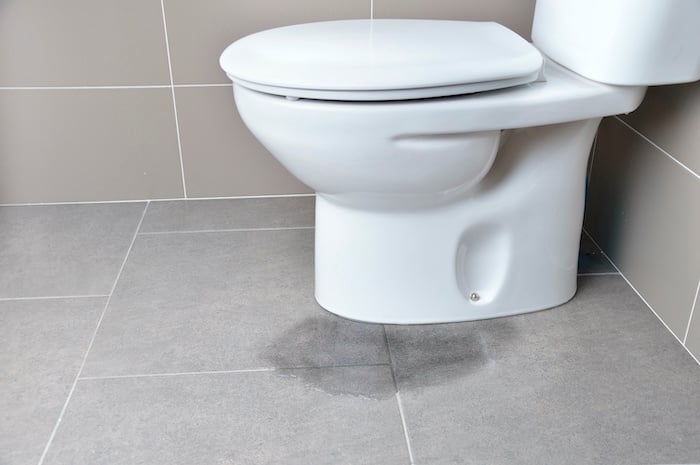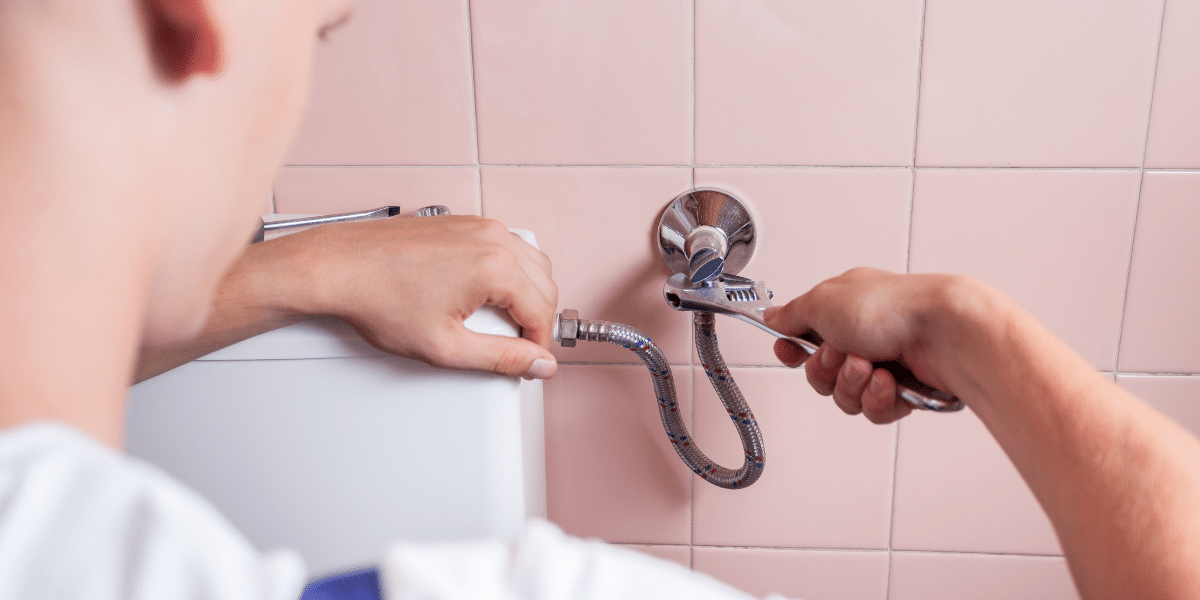5 Primary Causes of Water Leaks
5 Primary Causes of Water Leaks
Blog Article
We've come across the article about Reasons for Water Heater Leaks directly below on the internet and felt it made good sense to discuss it with you on this site.

"Be cautious of little costs. A little leak will certainly sink a fantastic ship." - Benjamin Franklin.
He could not have actually been much more appropriate since water leakages in our homes lead to a waste of sources, enhancing our water costs. Although this increase may appear negligible in the beginning, it can cause significant costs that can damage your bank. In addition to an increase in expenses, water leakages additionally cause unwanted natural growth, structural damages, and also even electric threats.
Determining if you have a water leakage isn't always simple as a result of being unable to see the majority of the pipework in your house. However, If you have had a boost in your water costs recently, noticed water spots on wall surfaces and also ceilings, smelt lousy odor, and so on. You may wish to take into consideration asking for plumbing solutions to get it looked into.
There are numerous causes of water leakages, and we have compiled the common factors listed below. Examine to see if you have actually had relevant issues in your home just recently.
Blocked drains pipes
Food bits, dust, and also oil can create clogged drains as well as block the passage of water in and out of your sink. If undealt with, raised stress within the seamless gutters can cause an overflow and end up fracturing or breaking pipelines. To avoid clogged drains pipes in your house, we encourage you to avoid putting bits down the tubes and routine cleaning of sinks.
High water stress
You saw your house water pressure is higher than common however then, why should you care? It runs out your control.
It would be best if you cared because your average water pressure must be 60 Psi (per square inch) and although your home's plumbing system is created to hold up against 80 Psi. A rise in water pressure can put a pressure on your residence pipes and also cause cracks, or even worse, burst pipelines. If you ever see that your house water stress is more than common, contact a specialist regarding regulating it.
Rust
As your pipework grows older, it gets weak and a lot more vulnerable to corrosion after the frequent flow of water via them, which can eat away at pipelines and trigger cracks. A visible indicator of corrosion in your home plumbing system is staining and although this may be tough to discover due to many pipelines hidden away. Once they are old to make sure an audio plumbing system, we advise doing a regular checkup every few years and also change pipes
Damaged pipe joints
Pipe joints are the parts of our plumbing system where the pipes link. It is necessary to keep in mind that even though pipes are developed to hold up against stress as well as last for a while, they weren't made to last permanently; for that reason, they would weaken over time. A common sign of damaged pipeline joints is extreme noise from faucets.
Damaged seals
One more cause of water leaks in homes is damaged seals of house appliances that make use of water, e.g., a dishwashing machine. When such home appliances are installed, seals are installed around water adapters for very easy passage of water via the maker. Thus, a busted seal can create leak of water when being used.
With little or no knowledge of plumbing, recognizing your residence's plumbing system adequate to deal with several of these problems (without consequence) can be an inconvenience. Get in touch with plumbing professionals in Pittsburgh, Providence, Rochester, and also environ today, and they'll make those concerns vanish.
He couldn't have actually been a lot more appropriate since water leaks in our residences result in a waste of sources, enhancing our water costs. If you have had a boost in your water bills recently, discovered water discolorations on ceilings as well as walls, scented lousy smell, etc. An increase in water stress can put a stress on your home pipes and also lead to fractures, or even worse, burst pipelines. One more reason of water leaks in residences is broken seals of house devices that utilize water, e.g., a dish washer. When such home appliances are mounted, seals are set up around water adapters for easy flow of water via the maker.
5 TIPS IN DETECTING A WATER LEAK IN YOUR HOUSE
Water leaks can be hard to find in your home, yet they can be so common. We rely on water every day in our home, which is why a leak can cause big problems. By detecting them early, you can save money and further damage, getting the problem fixed as soon as possible. Here are 5 tips to help you detect a water leak in your home, so you can contact a plumber straight away and get the issue sorted.
Check your water meter
Many people underestimate the value of the water meter in their home. It can be one of the best ways to tell if you have a leak early on, so you can get on top of it before issues start arising. Start by turning off all the water in your home: taps, washing machine, dishwasher, etc. Now take a look at the meter – if it’s still changing with everything turned off, it’s likely you have a fast-flowing leak that you need to get on top of straight away. If nothing changes, then leave your meter for an hour or two and come back to it. Did it change in this time? It’s likely you have a slower leak, which isn’t as urgent but still handy to get fixed so it doesn’t become a bigger problem.
Keep an eye on your bill
Another good way to detect a leak in your home is by keeping an eye on your water bill. It helps if you have a past bill from the same period of time. You can compare like for like and determine whether your water usage has increased significantly. If it has, there may be a leak in your system that you haven’t picked up before. A professional plumber can check through all of your pipes and determine where it is coming from.
Look for damage
If you have a leak inside your home, you will notice damage over time. Take a look at your showers and bathtubs and note whether any of the tiles surrounding the area seem to be discoloured or damaged in any way. There may be water stains, mould or peeling material that has resulted from a build up of moisture over time. Make sure you take a look under sinks at the back of cupboards that don’t get accessed regularly. This is where damage can go unnoticed and build up over periods of time.

I'm very fascinated with How to Find and Prevent Water Leaks in Your Home and I am assuming you enjoyed reading my blog posting. Do you know about somebody else who is occupied with the niche? Do not hesitate to promote it. Thank you for your time. Please come by our site back soon.
Secure your plumbing. Report this page